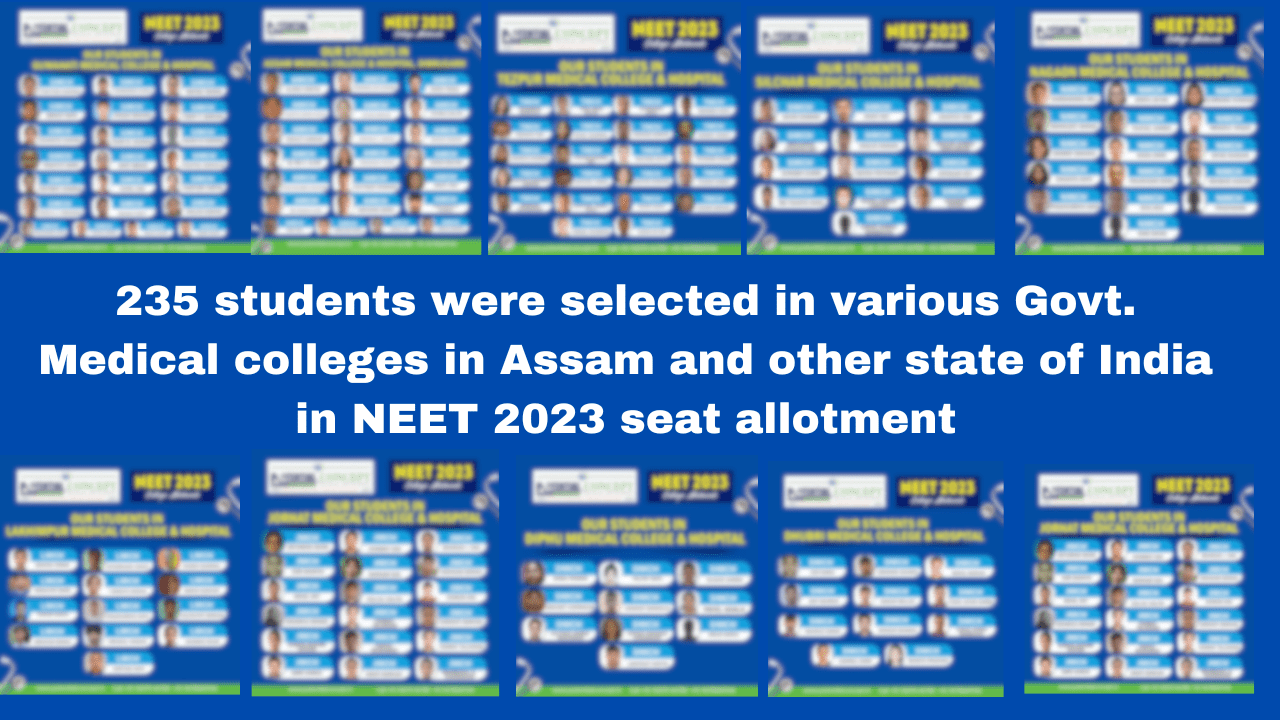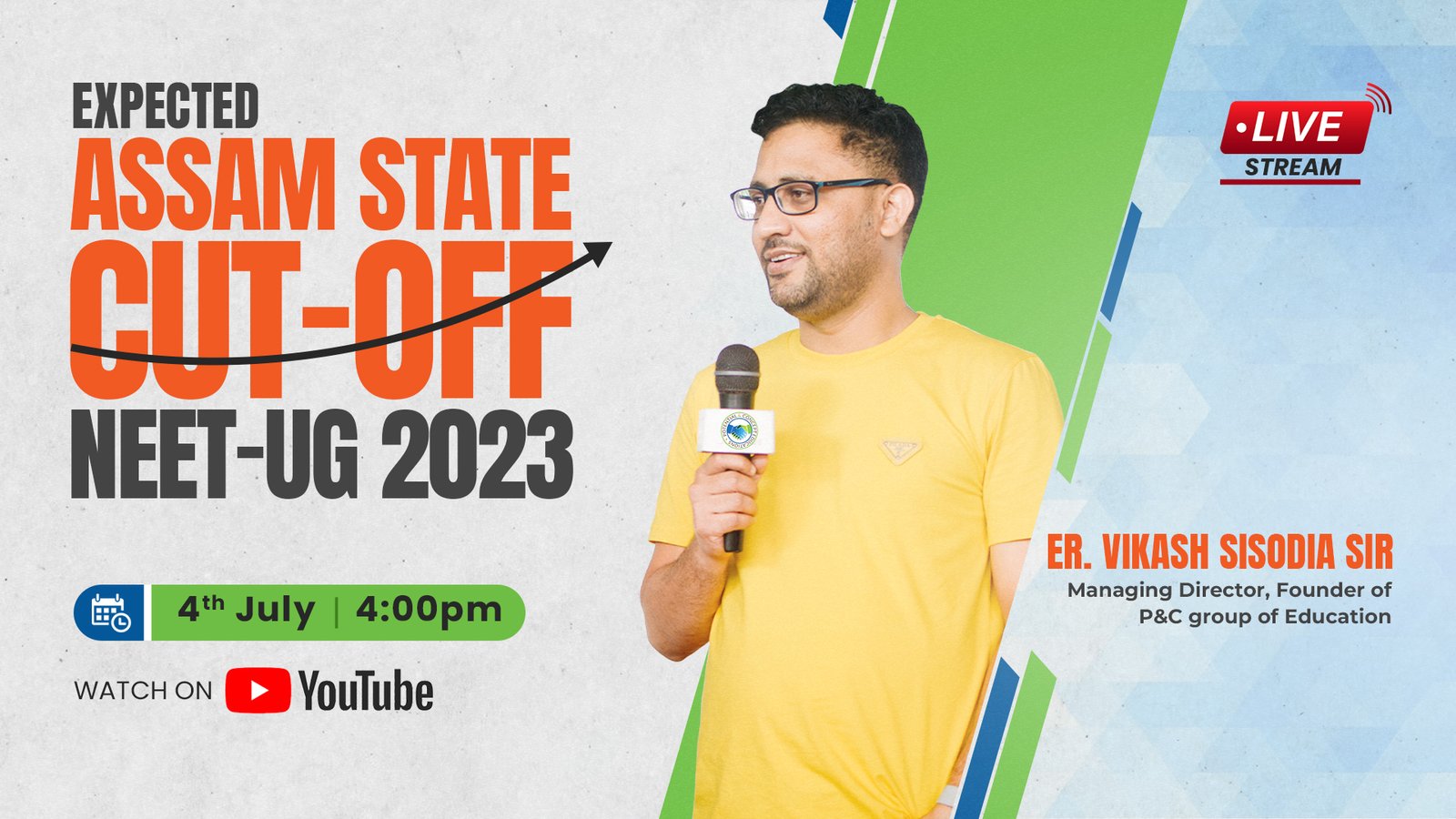NEET 2025 Paper Analysis: Decoding the Pulse of the Exam, Not Just the Pattern
As the NEET 2025 dust settles, the national conversation predictably tilts toward cut-offs, answer keys, and coaching-fueled debates. But beneath the surface of marks and memory-based questions lies a more compelling story — one that deserves a deeper, more reflective analysis. Let’s step beyond the templated topic-wise breakdowns and explore what NEET 2025 truly signified for aspirants, educators, and the evolving nature of the exam itself.
Biology Exam Analysis: A Conceptual and Time-Intensive Journey
The NEET 2025 Biology section presented students with a carefully crafted blend of conceptual depth and time-sensitive challenges. While the Botany and Zoology sections both stayed largely aligned with the NCERT syllabus, the way questions were framed made all the difference. Let’s dive into a detailed breakdown of both sections.
Botany: Not Just What You Know, But How You Apply It
This year’s Botany paper held closely to the NCERT framework, yet it wasn’t your typical fact-recall exercise. Instead, the emphasis was clearly on application-based learning, requiring students to think beyond mere memorization.
Key Highlights from Botany:
- • Conceptual Over Recall: Many questions demanded a strong understanding of core principles. Surface-level preparation wouldn't suffice—students needed to connect concepts and apply them in unfamiliar contexts.
- • Importance of Introductions: Surprisingly, several questions originated from the introductory sections of chapters. These parts are often skipped or skimmed during prep, but this time, they played a pivotal role in setting apart the diligent readers.
- • Multi-Statement Challenges: A noticeable number of questions involved multiple statements that had to be logically analyzed and arranged. These required time, attention, and a clear strategy, making the paper more methodical and slightly taxing in terms of pace.
- • Ambiguity in One Question: There was at least one question that stood out as ambiguous. Even well-prepared students could have struggled to interpret it correctly, which may influence answer keys or result in leniency during evaluation.
Zoology: NCERT Reigns Supreme
In contrast, the Zoology section was more straightforward, deeply rooted in NCERT textbooks. It favored well-prepared students who had methodically studied the text, especially those who complemented their learning with consistent practice.
Key Trends in Zoology:
• High Alignment with NCERT: Nearly all questions were directly lifted from the NCERT curriculum, making textbook familiarity essential.- • Direct Questions: Many were simple and to the point—answers could be located almost verbatim in the textbook.
- • Logical Reasoning Needed: A few questions called for a touch of logic or inference. These weren’t out of the syllabus but required a thoughtful read of the information provided.
- • Diagram-Based Questions: Several questions tested a student’s attention to NCERT diagrams—often underestimated, these visuals turned out to be scoring opportunities for observant students.
- • Mild Conceptual Twists: While most questions stuck to the textbook, a handful had added lines or subtle twists. However, a strong grasp of core concepts enabled students to tackle these without much trouble.
- • Class XII Dominated: There was a clear emphasis on Class XII topics such as:
◦ Human Reproduction
◦ Biotechnology (Principles and Applications)
◦ Human Health and Diseases
◦ Microbes in Human Welfare
Chemistry: The Great Balancing Act
The Chemistry section continued its role as the equilibrium subject — neither too volatile like Physics, nor too generous like Biology — but this year, it brought some surprises.
Key Observations:
- • Physical Chemistry was data-oriented: Simple numericals, but wrapped in twisted units or non-standard phrasing.
- • Organic Chemistry tested reaction logic: Gone are the days of “name reaction + product = done.” Mechanisms mattered this year.
- • Inorganic Chemistry rewarded pattern recognition: Questions on block elements and coordination compounds were more inference-based than direct.
Physics: When Numbers Spoke Louder Than Words
The Physics section was the real plot twist of NEET 2025 — not because it was impossible, but because it demanded precision in thought, not just formulae.
Key Observations:
- • Fewer direct formula-based questions: A trend seen in 2024 continued,
where memorizing formulas without understanding their application led to
failure.
- • Concept-mix numericals: Questions blended topics — for example,
Electro-dynamics with Modern Physics — testing real comprehension.
- • Graph and experiment-based questions: About 15–20% of questions
involved interpreting diagrams, circuits, or data tables.
The NEET 2025 Takeaway: The Era of “Smart Fundamentals” is Here
NEET 2025 wasn't tough just because of its difficulty level — it was tough because it reflected a deeper shift in how the paper expects students to think:
- • Textbook fidelity, but with interpretative depth
- • Application > Memorization
- • Visual and data comprehension = critical
- • Blend of NCERT language with clinical logic
What This Means for NEET 2026 Aspirants:
If you're preparing for next year, it’s time to stop chasing question banks blindly and start:
- • Teaching concepts aloud to yourself
- • Mapping diagrams to theory
- • Practicing questions that twist two topics into one
- • And most importantly, reading between the lines of the NCERT
Final Thoughts: NEET is Becoming a Mindset, Not Just a Milestone
NEET 2025 proved one thing: cracking NEET isn’t about doing more, but about doing deeper. This year's paper rewarded clarity over cramming, logic over luck, and adaptability over algorithms.
Whether you’re a student, teacher, or parent, it’s time to rethink what NEET preparation really means. Because the paper isn’t just asking questions anymore
— It’s asking who you are as a learner.
Click Here for NEET 2025 Decode Session: https://www.youtube.com/live/5jHzqwk1Lo0?si=qo42zZlKw-Y9EaAw

.jpeg)

.jpeg)




.jpg)

 Large.jpeg)








-min.png)








.jpg.jpg)




.png)

.png)




